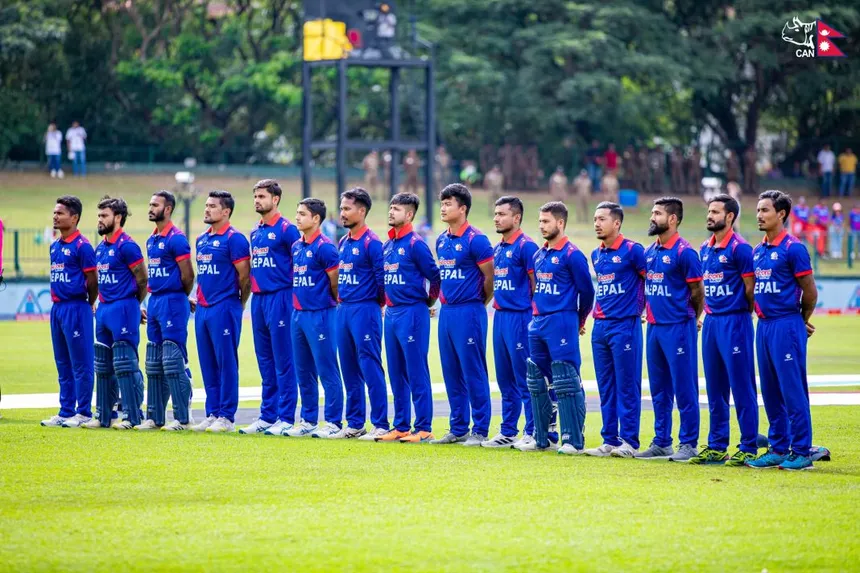
Nepal’s long-cherished aspiration to enter the elite world of Test cricket is beginning to find shape—thanks in no small part to India’s growing commitment to cricket diplomacy. In a significant step, the Board of Control for Cricket in India (BCCI) has opened its doors to Nepal’s national teams, offering access to the state-of-the-art BCCI Centre of Excellence in Bengaluru. This initiative goes beyond mere training—it signals a strategic sporting alliance aimed at nurturing Nepal’s journey from associate status to potential full Test membership.
From August 20 to September 4, 2025, Nepal’s men’s team will undergo an intensive training camp in Bengaluru, as part of their preparations for the ICC Men’s T20 World Cup Qualifiers scheduled in Oman. This follows a similar stint in 2024, where Nepal’s squad spent valuable weeks training alongside Indian domestic sides like Baroda and Gujarat, receiving mentorship from seasoned Indian cricketers. The BCCI Centre of Excellence, equipped with cutting-edge training grounds, analytics labs, and recovery facilities, provides the kind of exposure that Nepal’s players rarely experience at home.
The partnership is broader than a single training camp. Earlier in 2025, Nepal’s U-19 squad participated in a preparatory series against Delhi’s youth teams, while the women’s national team trained in Delhi before the Women’s Asia World Cup Qualifiers. More recently, promising U-19 players from Nepal were sent to Bhopal for a month-long placement sponsored by the Indian Embassy in Kathmandu—blending sport with people-to-people diplomacy.
What began as a goodwill gesture is evolving into a coordinated regional strategy. Indian officials have described the initiative as a new layer in the India–Nepal partnership—uniting the youth of both nations through their shared love for cricket. The support has backing at the highest levels: Indian External Affairs Minister Dr. S. Jaishankar has personally met with Nepalese cricket administrators, while BCCI Secretary Jay Shah has been credited with fast-tracking Nepal’s access to facilities and competitive match exposure.
For Nepal, the dream of playing Test cricket is not just symbolic. It represents a climb in credibility, capability, and recognition within the global cricketing ecosystem. While Nepal is still developing key infrastructure at home, such as the Lumbini stadium and the proposed Gauritar facility, the opportunity to train at India’s elite centres is helping bridge that gap. Beyond training, Indian involvement is also raising standards in coaching, fitness, and match-readiness for Nepal’s top players.
The relationship between the two cricket boards is now being seen as a model for how established cricketing nations can uplift emerging teams. India’s assistance—through high-performance camps, youth exchanges, and long-term cricket infrastructure support—is not only fostering bilateral goodwill, but also enabling Nepal to seriously stake its claim as a future Test-playing nation.
In a region where cricket is a unifier of passions and cultures, India’s support to Nepal may well be remembered as a defining step in South Asia’s sporting integration—and Nepal’s long climb into the longest format of the game.

